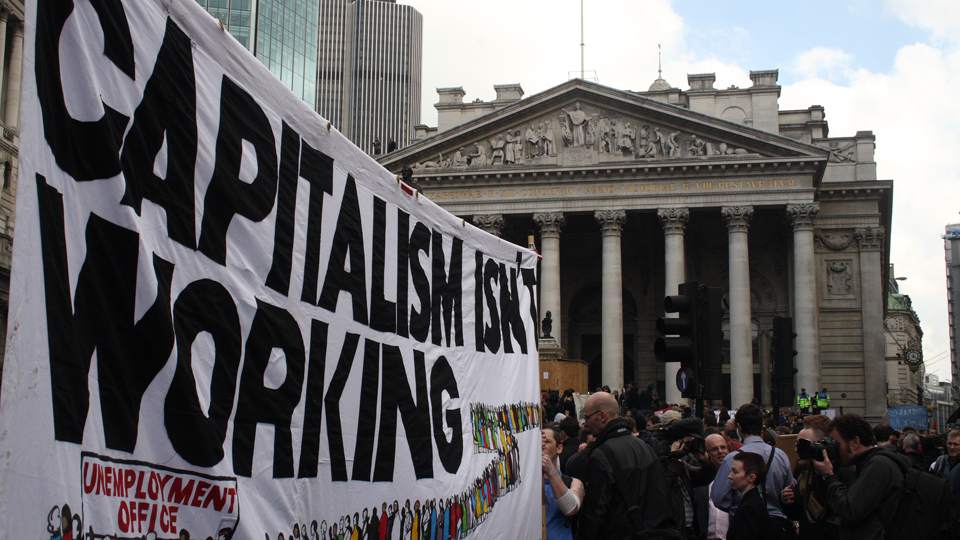Wolfgang’s Wager: Thinking Crisis with Wolfgang Streeck

On 26 April 2022, the PICT Student Ambassadors staged their second live online discussion, welcoming the German economic sociologist Wolfgang Streeck. The event was convened by Student Ambassadors Emily Laurent-Monaghan and Maureen Winter and joined by a group of students from France, Germany, Kosovo, Morocco, and the United Kingdom as well as PICT core faculty members Evrim Emir-Sayers and Kristof K.P. Vanhoutte.
The discussion was inspired by Streeck’s appearance on The Economy of Buying Time, episode 31 of the PICT Voices podcast, on which Streeck and Vanhoutte discussed ideas and concepts from Streeck’s 2014 book, Buying Time: The Delayed Crisis of Democratic Capitalism. Capitalism, Streeck maintains, has been “on the brink” of collapse since the nineteenth century, bolstered by various patchwork interventions in order to “buy time”—that is, to delay—the confrontation with its compounded crises. Streeck’s work enables us to perceive the “open secret” of capitalism: seemingly inevitable and necessary, the open-ended continuation of capitalism is actually “unlikely,” a point driven home in Streeck’s 2016 book, How Will Capitalism End?
After speaking briefly about this work, Streeck generously opened up the floor to students’ questions, many of which concerned the theory of capitalism in/as crisis and possible political responses. While Streeck’s work proposes a return to Keynesian measures and endorses national sovereignty as a defense against the deleterious effects of crisis capitalism, for instance within Europe, student interventions revealed Streeck to be much more skeptical in person. The sociologist remarked that he often felt pressured to offer some kind of solution to readers after painting such a pessimistic picture of our current political-economic situation, but that in reality he was not quite convinced of the efficacy of stop-gap measures to prevent the continuous rise of inequality, exploitation, and destruction.
The discussion ended where it began, around questions of what has become increasingly evident: the brute incompatibility between democracy and capitalism. Streeck hinted at the possible next wave in crisis management: the direct financing of states and banks by the European Central Bank, i.e., the printing of money to be injected into crisis-ridden economies. Questions of anti-capitalist politics were left largely unaddressed, although they had been raised in some of the readings we had prepared for the event, most notably Nathan Brown’s essay “The Proletariat.” Nonetheless, we agreed on the need to re-articulate structural analysis and intervention: far too important to be left to economists, the discussion of the economy must be resituated within the domain of politics (and thus ethics).
The opportunity to reflect and discuss with Streeck in such an intimate setting was extremely valuable for the PICT Student Ambassadors. We left the conversation energized, grounded, and invested in continuing our own interdisciplinary, intergenerational intellectual work, empowered by a central wager of Streeck’s work: that economic theory must be done outside the academic discipline and professional practice of “economics.”
The PICT Student Ambassadors would like to thank Wolfgang Streeck, the organizers, and everyone who participated in the event with their critical questions and interventions for their help in creating this memorable occasion.


Responses